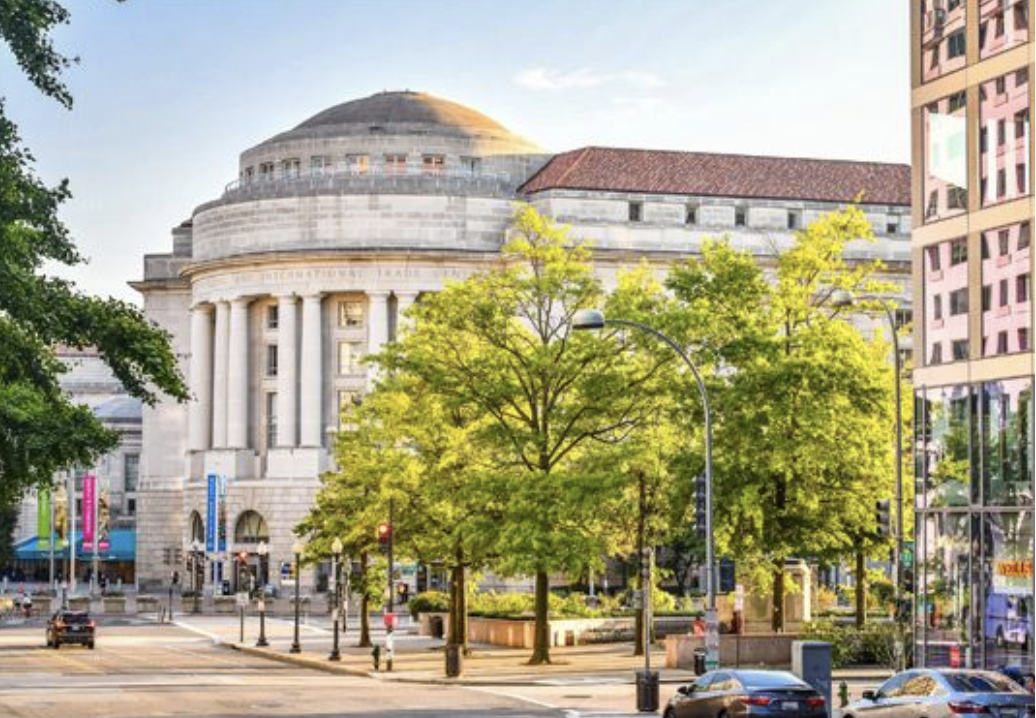On July 26, 2023, D.C. Policy Center was referenced by the Washington Post:
Forty-one million residents among all nine cities experience the temperature boost, some up to 10 degrees or more, exposing them to higher risks of heat-related illness and more expensive cooling costs, the study found. Climate Central’s analysis did not include demographic data, Brady said, but other organizations such as the D.C. Policy Center have conducted research showing that lower-income communities face disproportionate impact from the heat island effect, partly because their neighborhoods often lack trees.
Read more: Where the most U.S. residents bake because of concrete and lack of trees | Washington Post
